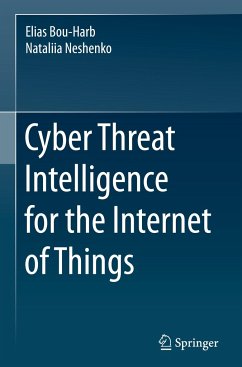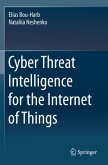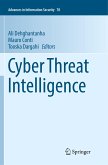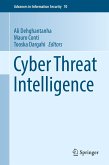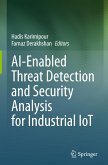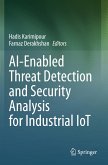This book reviews IoT-centric vulnerabilities from a multidimensional perspective by elaborating on IoT attack vectors, their impacts on well-known security objectives, attacks which exploit such vulnerabilities, coupled with their corresponding remediation methodologies. This book further highlights the severity of the IoT problem at large, through disclosing incidents of Internet-scale IoT exploitations, while putting forward a preliminary prototype and associated results to aid in the IoT mitigation objective. Moreover, this book summarizes and discloses findings, inferences, and open challenges to inspire future research addressing theoretical and empirical aspects related to the imperative topic of IoT security.
At least 20 billion devices will be connected to the Internet in the next few years. Many of these devices transmit critical and sensitive system and personal data in real-time. Collectively known as "the Internet of Things" (IoT), this marketrepresents a $267 billion per year industry. As valuable as this market is, security spending on the sector barely breaks 1%. Indeed, while IoT vendors continue to push more IoT devices to market, the security of these devices has often fallen in priority, making them easier to exploit. This drastically threatens the privacy of the consumers and the safety of mission-critical systems.
This book is intended for cybersecurity researchers and advanced-level students in computer science. Developers and operators working in this field, who are eager to comprehend the vulnerabilities of the Internet of Things (IoT) paradigm and understand the severity of accompanied security issues will also be interested in this book.
At least 20 billion devices will be connected to the Internet in the next few years. Many of these devices transmit critical and sensitive system and personal data in real-time. Collectively known as "the Internet of Things" (IoT), this marketrepresents a $267 billion per year industry. As valuable as this market is, security spending on the sector barely breaks 1%. Indeed, while IoT vendors continue to push more IoT devices to market, the security of these devices has often fallen in priority, making them easier to exploit. This drastically threatens the privacy of the consumers and the safety of mission-critical systems.
This book is intended for cybersecurity researchers and advanced-level students in computer science. Developers and operators working in this field, who are eager to comprehend the vulnerabilities of the Internet of Things (IoT) paradigm and understand the severity of accompanied security issues will also be interested in this book.

